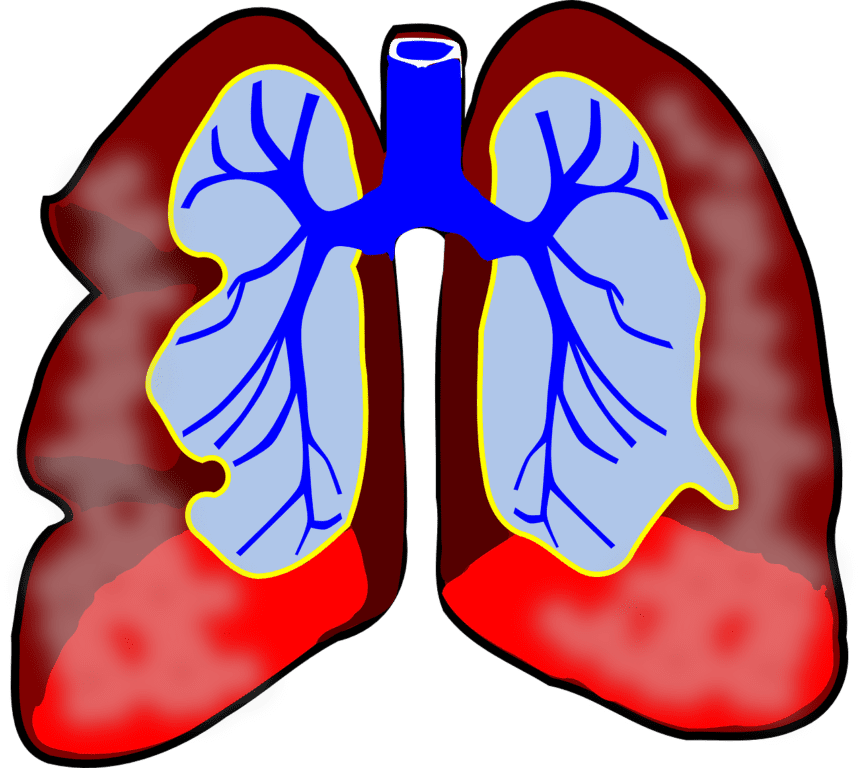According to a story from pm360online.com, the drug development company Cytori Therapeutics recently announced that its investigational product ATI-1123 has been granted Orphan Drug designation from the US Food and Drug Administration (FDA). This chemotherapy drug is in development for the treatment of small cell lung cancer, which is one of the less common types of cancer to appear in the lung.
About Small Cell Lung Cancer
Small cell lung cancer is an aggressive type of lung cancer that is responsible for only about 10 to 15 percent of lung cancer cases. Lung cancer as a whole is not considered rare, but small cell lung cancer is. While smoking tobacco is a risk factor for lung cancers of all types, the connection between smoking and small cell carcinoma is particularly strong. In fact, it appears almost exclusively in people who have smoked. That being said, it is still possible for people who were never regular smokers to get it. Symptoms of this cancer include chest pain, coughing up blood, weight loss, and shortness of breath. This cancer metastasizes rapidly and most patients are diagnosed when this process has already begun. This cancer relapses easily and the five year survival rate is meager at just 20 percent. To learn more about small cell lung cancer, click here.
About Orphan Drug Designation
Orphan Drug designation is reserved for potential therapies that are intended to treat rare diseases, which is defined as any disease that affects 200,000 people or less per year. The drug must either offer substantial advantages over currently available treatment in effectiveness and/or safety, or address an unmet medical need. The designation offers several advantages to the development company, such as the waiving of certain fees, tax breaks, and a seven year period of market exclusivity if the drug gains approval.
A Chance For A New Breakthrough
There is clearly an urgent need for new, more effective treatments for small cell lung cancer, as only about about 20 percent of patients actually get cured with current treatments. There have not been any advancements in treating this cancer in the last three decades. Hopefully, ATI-1123 will prove itself as an effective therapy for small cell lung cancer in future clinical trials.







